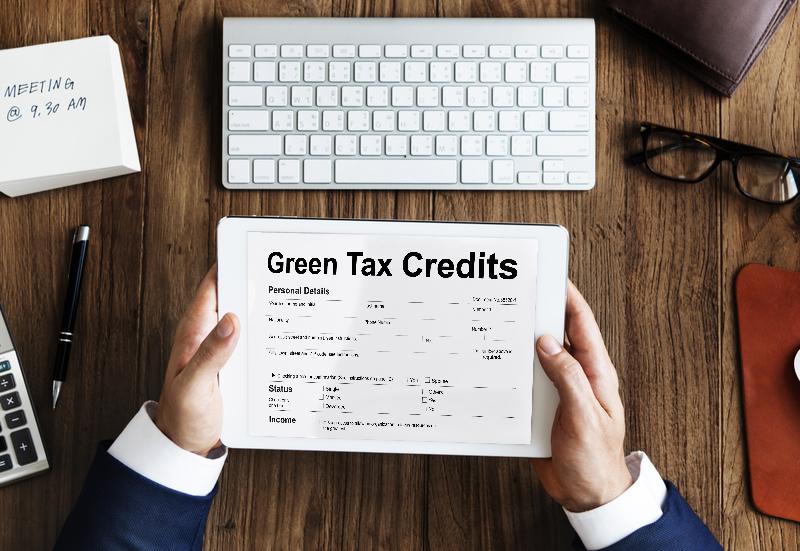As Kermit the Frog has often told us, “It’s not easy bein’ green,” and for the energy-conscious consumer, that can be true as well. Energy efficiency often comes at a hefty price tag. Electric cars and hybrids are pricey when compared to their gas-guzzling cousins, and home improvements like solar panels are often quite expensive at the time of installation. Fortunately, taxpayers can get some relief in the form of tax credits for their energy-saving efforts.
Electric Car Credits
If you purchased an electric vehicle in 2019, you were more likely to be able to take advantage of the current Federal EV Tax Credit. For some models such as those made by Tesla and General Motors, the credit has already been phased out. However, the full $7,500 credit still applies to vehicles manufactured by Ford, Nissan, Toyota and BMW. You’d better buy fast, though, because these models will also be phased out after each of them sells 200,000 plug-in vehicles in the U.S. If you’re interested in one of them, the full rebate is still available, and the popularity of electric cars and plug-in hybrids remains unabated.
Solar Credits
Installing solar panels on your home is one of the most popular green improvements. The federal government will give you 26% of the total cost of the system you install. In addition, many states and even local governments provide rebates, tax credits and other incentives to install solar. If you’re interested in this green technology, contact a reputable company to discuss affordable solar panel installation.
State and Local Credits
There are many additional tax credits and rebates available to green consumers. You can view a scorecard that ranks how “green” your state is. Most states also have information on their government websites regarding energy-related tax credits.
You can also check with your local utility companies. Many offer free energy audits of your home. These services will tell you what improvements you can make. They are sometimes accompanied by rebates from the power company if you purchase goods or services through them or if you provide proof of upgrades made based on the results of the audit. These improvements might be anything from increasing the insulation in your home to installing a more energy-efficient water heater.
Whether you choose to purchase a new electric or hybrid vehicle, solar panels for your home or just some new, energy-efficient appliances, do your research. No matter what green buying decisions you make, be sure to get credit where credit is due.
Is this your first time filing taxes? Read our tips for beginners here.

